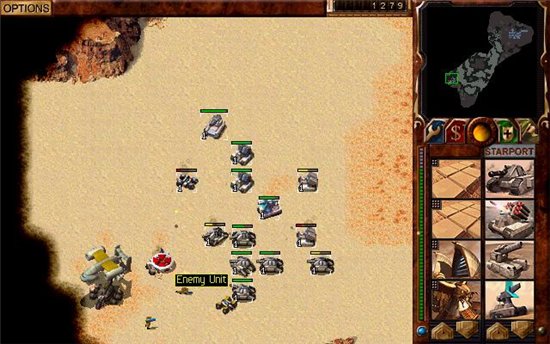

Dune and its five sequels by Herbert explore the complex and multilayered interactions of politics, religion, ecology and technology, among other themes. His originating 1965 novel Dune is popularly considered one of the greatest science fiction novels of all time, and is frequently cited as the best-selling science fiction novel in history. Herbert's concepts of human evolution and technology have been analyzed and deconstructed in at least one book, The Science of Dune (2008). Specialized groups of individuals have aligned themselves in organizations focusing on specific abilities, technology and goals.

Set tens of thousands of years in the future, the saga chronicles a civilization which has banned computers but has also developed advanced technology and mental and physical abilities through physical training, eugenics and the use of the drug melange.
#Dune 2000 game factions series
Multiple organizations of the Dune universe dominate the political, religious, and social arena of the setting of Frank Herbert's Dune series of science fiction novels, and derivative works. Young Alia Atreides in front of (from left to right) a Spacing Guild agent, Princess Irulan, Reverend Mother Gaius Helen Mohiam and her Bene Gesserit, and Padishah Emperor Shaddam IV, from the 2000 Dune miniseries


 0 kommentar(er)
0 kommentar(er)
